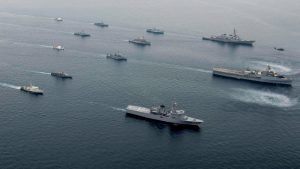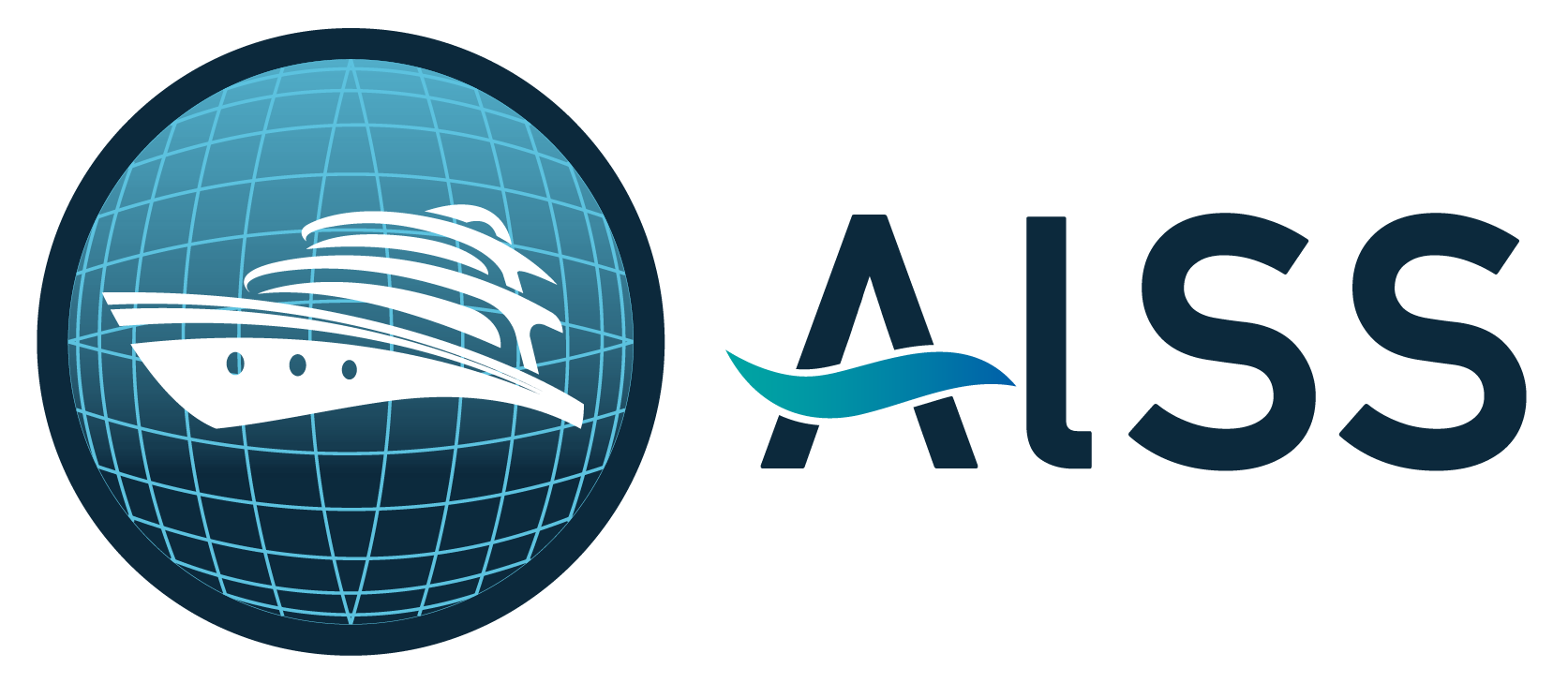 With the conflict in Yemen now starting to spill out into neighbouring seas, the spotlight is once again falling on naval forces to ensure that maritime trade can continue to flow unimpeded into the Middle East region.
With the conflict in Yemen now starting to spill out into neighbouring seas, the spotlight is once again falling on naval forces to ensure that maritime trade can continue to flow unimpeded into the Middle East region.
That responsibility is very much on the shoulders of the Combined Maritime Forces (CMF), a unique multinational collective of more than 30 like-minded nations dedicated to promoting security and free flow of commerce across 3.2 million square miles of international waters in the Red Sea, the Gulf of Aden, the Somali Basin, the Indian Ocean and the Gulf.
Headquartered at the US Naval Support Activity in Bahrain, CMF is commanded by a US Navy vice admiral (who also serves as Commander US Navy Central Command and US Navy Fifth Fleet), with a UK Royal Navy commodore as his deputy. Operations are executed by three combined task forces: CTF 150 (maritime security and counterterrorism), CTF 151 (counter piracy) and CTF 152 (Arabian Gulf security and co-operation).
CMF is today comprised of 31 member nations: Australia, Bahrain, Belgium, Canada, Denmark, France, Germany, Greece, Iraq, Italy, Japan, Jordan, the Republic of Korea, Kuwait, Malaysia, the Netherlands, New Zealand, Norway, Pakistan, the Philippines, Portugal, Saudi Arabia, the Seychelles, Singapore, Spain, Thailand, Turkey, the United Arab Emirates, the UK, the USA and Yemen.
Participation is purely voluntary, and member nations are not bound by either a political or military mandate. The contribution from each varies depending on its ability to contribute assets, and the availability of those assets at any given time: contributions can vary from the provision of a liaison officer at CMF HQ in Bahrain to the deployment of warships or support vessels in task forces, and land-based maritime reconnaissance aircraft.
CMF’s main focus areas are disrupting terrorism, preventing piracy, reducing illegal activities, and promoting a safe maritime environment for all. Speaking to Jane’s last year, Vice Admiral Kevin Donegan, Commander, US Naval Forces Central Command, US Fifth Fleet, and Combined Maritime Forces, made clear the imperative for security at sea: “Nearly 20 per cent of the world’s oil transits through the Strait of Hormuz every day,” he said. “Imagine the impact on the global economy if suddenly that oil stops flowing because of restricted sea lanes. This region is clearly important to the whole world.”
“The sea continues to be the lifeblood of the world economy,” added Commodore Will Warrender, commander of the UK Maritime Component Command in Bahrain and deputy commander of CMF. “The protection of the seas, and our proficiency in ensuring that we maintain the capability to provide security, will remain a key maritime responsibility.
“Of course, to do this we need to ensure that we, along with our partners, have the capability and confidence to act together. The best method to ensure this is to train both as individuals, but most importantly, collectively as a team.”
This is most visibly demonstrated by the regular International Mine Countermeasures Exercise (IMCMEX), which has now widened its aperture to address a range of defensive operations designed to protect international commerce and trade. Last year’s event, ‘IMCMEX 2016’, was claimed to be the world’s largest maritime exercise, reflecting both the number of participants (more than 30 drawn from six continents) and the vast geographical spread of its activities over an area of operations from the Suez Canal down through the Red Sea to the Bab el-Mandeb Strait, through the Gulf of Aden, the Gulf of Oman, and into the Gulf. These vast sea areas provided the venue for fleet tactical exercises focused on mine countermeasures, maritime infrastructure protection, and maritime security operations.
“The participating nations are united by a common thread: the need to protect the free flow of commerce from a range of maritime threats including piracy, terrorism, and mines,” said Vice Admiral Donegan. “This exercise is also a great opportunity for us to build proficiency and test the latest technology available for ensuring the global maritime commerce stays open and secure. It also allows us to work with our partners to reinforce adherence to the international rules and accepted behavioural norms expected of professional mariners.”
Commodore Warrender added: “IMCMEX demonstrates the capability and co-operation of the international community and is not about any one nation or group. Our aim is to conduct exercises with our partner nations that allow us to continue to develop our interoperability and capability to ensure that we are ready to meet potential challenges now and in the future.
“No one nation here is big enough to be able to address the whole problem, but no one nation is so small that their contribution doesn’t matter.”
Source: IHS Jane's 360
